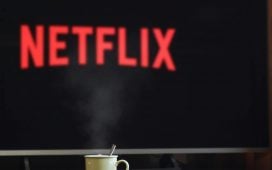Globally the influencer marketing industry has been on the rise. In 2021, it soared to $13.8 billion, indicating steady growth. This year, the market is projected to expand to a whopping $16.4 billion industry. While the industry has seen a significant and steady increase in numbers, both with investment being funnelled in, as well as people choosing ‘influencing’ as a career, sadly little has been done to address the fraud that pollutes this space.
Are you doing video right? And do you want to do it better? Join us at our next Campaign Breakfast Briefing: Video 2022 – Moving Pictures to discover the latest learnings from platforms, broadcasters and other industry experts. There will be insig
Influencer fraud, how much is too much? By Catch Communications’ Injeel Moti
By Injeel Moti, Managing Director, Catch Communications
To continue reading this article you need to be registered with Campaign. Registration is free and only takes a minute. Register Now or sign in below if you already have an account.









